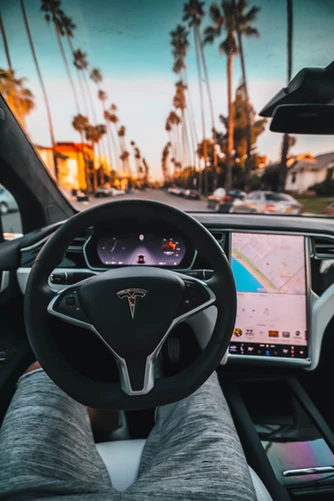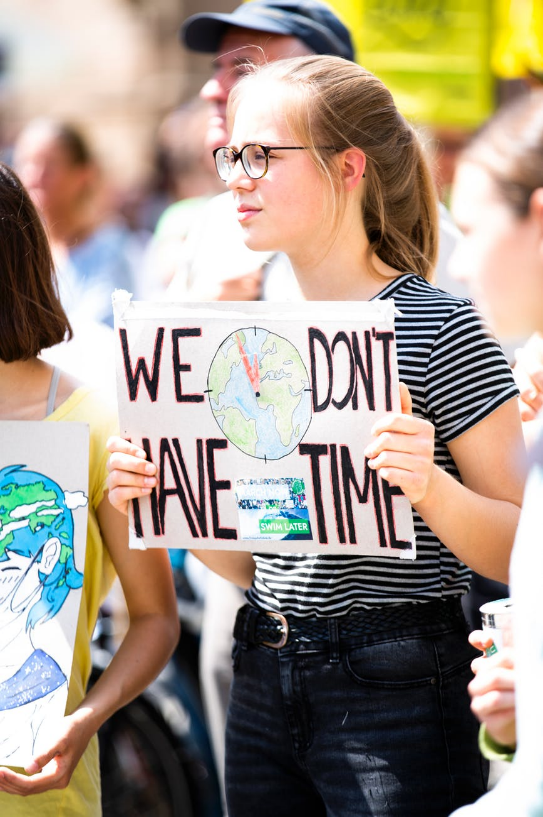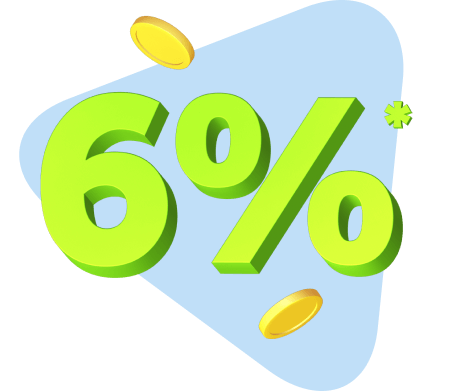The electric car maker Tesla reported record delivery and production numbers for the second quarter of 2019. The company delivered 95,200 cars during the three months ending June 30 — a 51.1% increase over an admittedly weak first quarter and beating its previous record of 90,700 deliveries set in the fourth quarter of 2018.

Analysts are excited about growing demand for alternative vehicles. Jim Press, a long-time auto executive who was previously president of Chrysler and Toyota, noted:
“The green car market is not just in California, it’s beginning to expand beyond, and if you look at Tesla’s production, half of their sales up to the beginning of this year [had] been in the state of California. A lot of this growth now for them is outside of California and that shows the demand is growing for green vehicles throughout the country and, actually, in other markets as well outside the United States.”
There could be more good things in store for the manufacturer, as Tesla recently displayed the next generation of its automated emergency breaking (AEB) system. The system is designed to prevent accidents with cyclists and pedestrians as AEB can trigger the brakes when someone crosses in front of the car’s path.
Don’t look now, but the United States economy is in its longest period of economic expansion ever. July marks 121 straight months of expansion, breaking the previous record of 120 months during the period between 1991 and 2001. With such great economic growth, many wonder what the continued upside is for the economy.

“We still do not see a recession, but we continue to worry more about downside risks than upside risks to the outlook,” said Torsten Slok, Deutsche Bank’s chief economist, in an email. “To counter the ongoing slowdown in the data and the uncertainty of how much longer the trade war will continue, we see the Fed cutting rates in July, September, and December.”
Unfortunately for its economy, the US has had an inverted US Treasury yield curve for the past quarter. An inverted yield curve has historically been a sign of an incoming recession in the next 12-24 months.
Europe is experiencing record high temperatures throughout the region, with many regions breaking all-time record highs. Early analysis suggests that climate change made this current heat wave five times more likely than it otherwise would have been.
Zeke Hausfather with independent climate research group Berkeley Earth notes that this could be the hottest year ever since the weather has been recorded:

“June 2019 will likely be the warmest or second-warmest June in all the global temperature data sets since records began in the mid-1800s,” Mr. Hausfather said. “This further boosts an already near-record-warm start to the year, putting us on track for 2019 to be the second or third-warmest year on record.”
Climate change has a significant economic impact as well, affecting health, tourism, crop yields, productivity, and more. According to a recent report by Moody’s, climate change could cost the global economy $69 trillion by 2100.
Financial giant Deutsche Bank took a major step back by laying off 18,000 workers and leaving the equities trading business altogether. All told, this plan is set to cost the company 7.4 billion euros over the next four years. As Germany’s biggest bank, Deutsche Bank has been in operation for 149-years, but now will have to find new ways to reinvent itself.

“This is a restart for Deutsche Bank … In refocusing the bank around our clients, we are returning to our roots and to what once made us one of the leading banks in the world,” he added.
The bank plans to shift its focus to retail banking customers and corporate clients in Europe. This announcement has drawn the skepticism of Wall Street firms who see this restructuring as overly ambitious and potentially risky.
Trade between Europe and China is one step closer to becoming much more streamlined. This month the proposed 2,000 km (1,250 mile) long road running across Russia, connecting Belarus to Kazakhstan, was approved. The project is expected to cost about $9.5 billion:

“The project is being carried out by the Russian investment holding LLC Meridian, which was registered in 2013. Among its co-owners are the well-known Russian businessmen Alexander Ryazanov and Roman Nesterenko. Ryazanov was deputy chairman of Gazprom and now is a board member of the Russian railway monopoly RZD. The route will be a toll road, which will be designed primarily for the transportation of goods, with a high percentage of the loads being transit cargo. The new road will be a key trade route as it will form part of the Russia-Western China highway, the overall length of which will be an impressive 8,445km long.”
Dubbed the “Meridian Highway”, this stretch of road is the first in a series of plans by the Chinese to connect its nation with all of Europe, specifically with plans to connect Shanghai with Hamburg, Germany.




